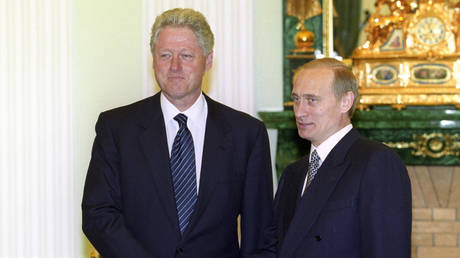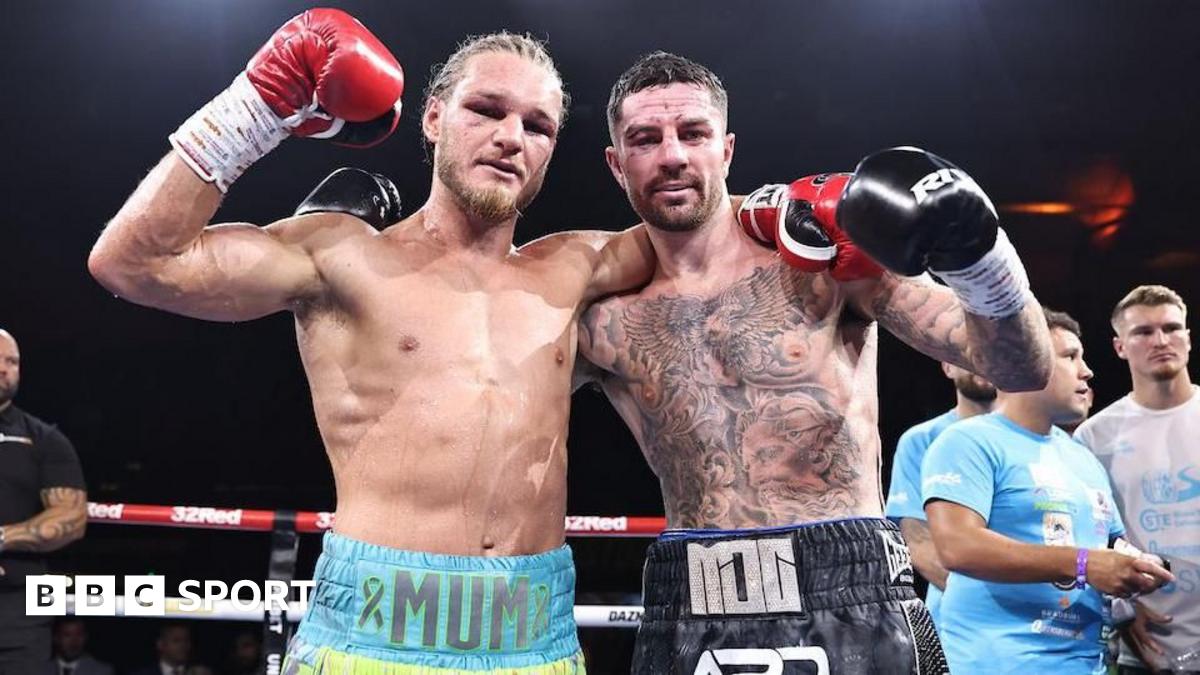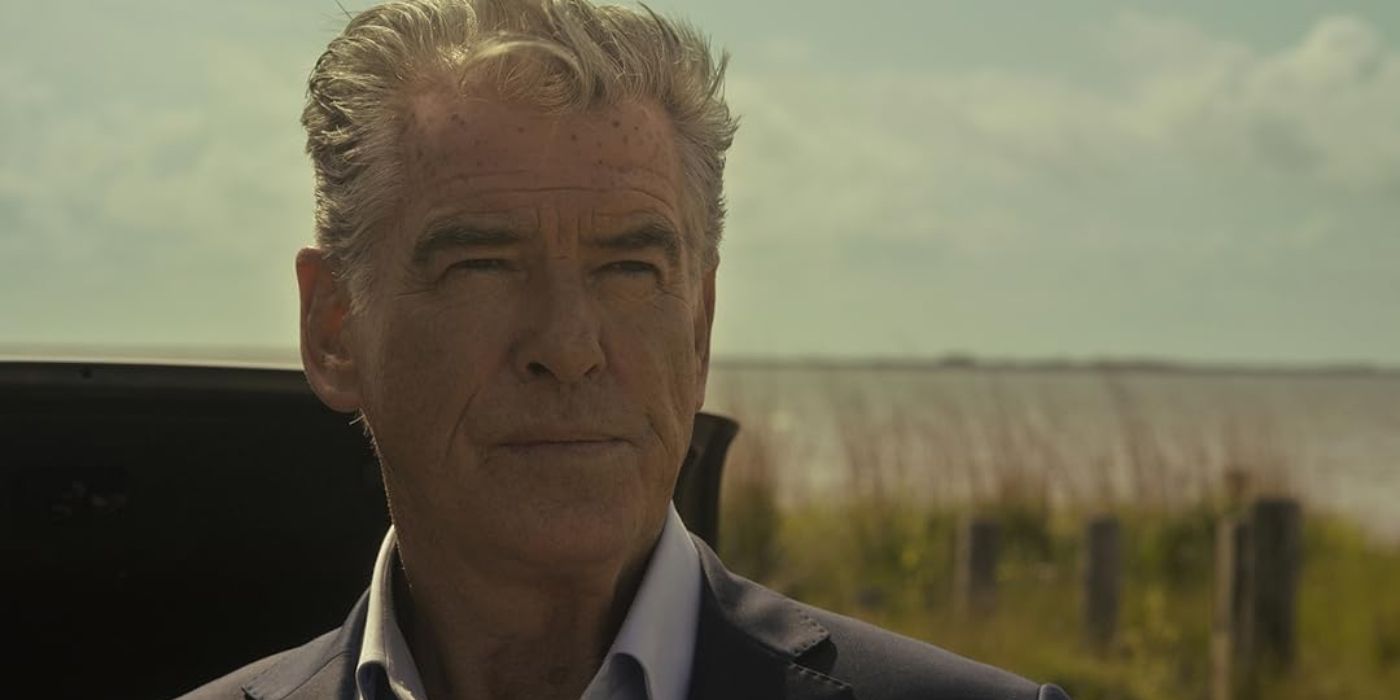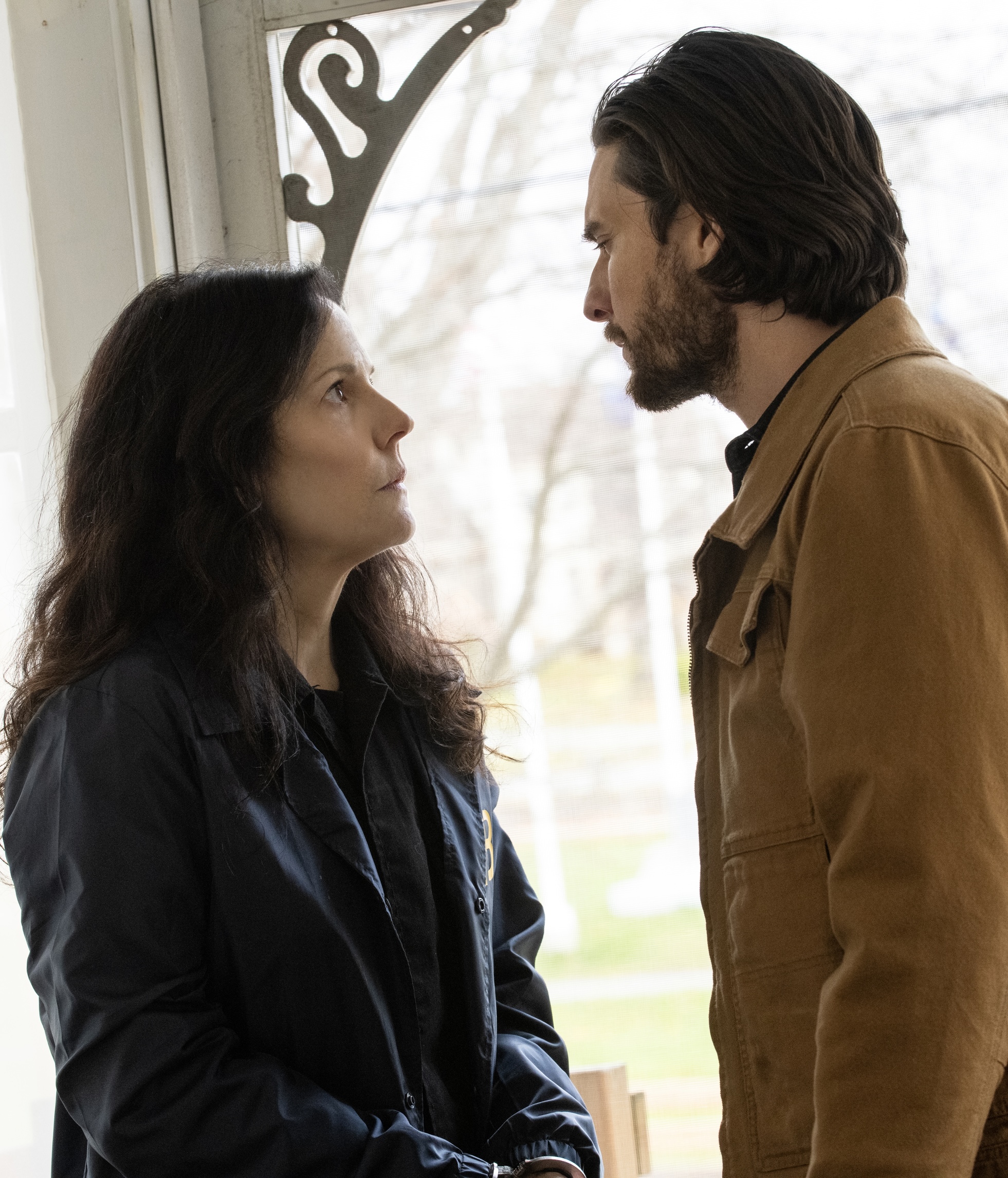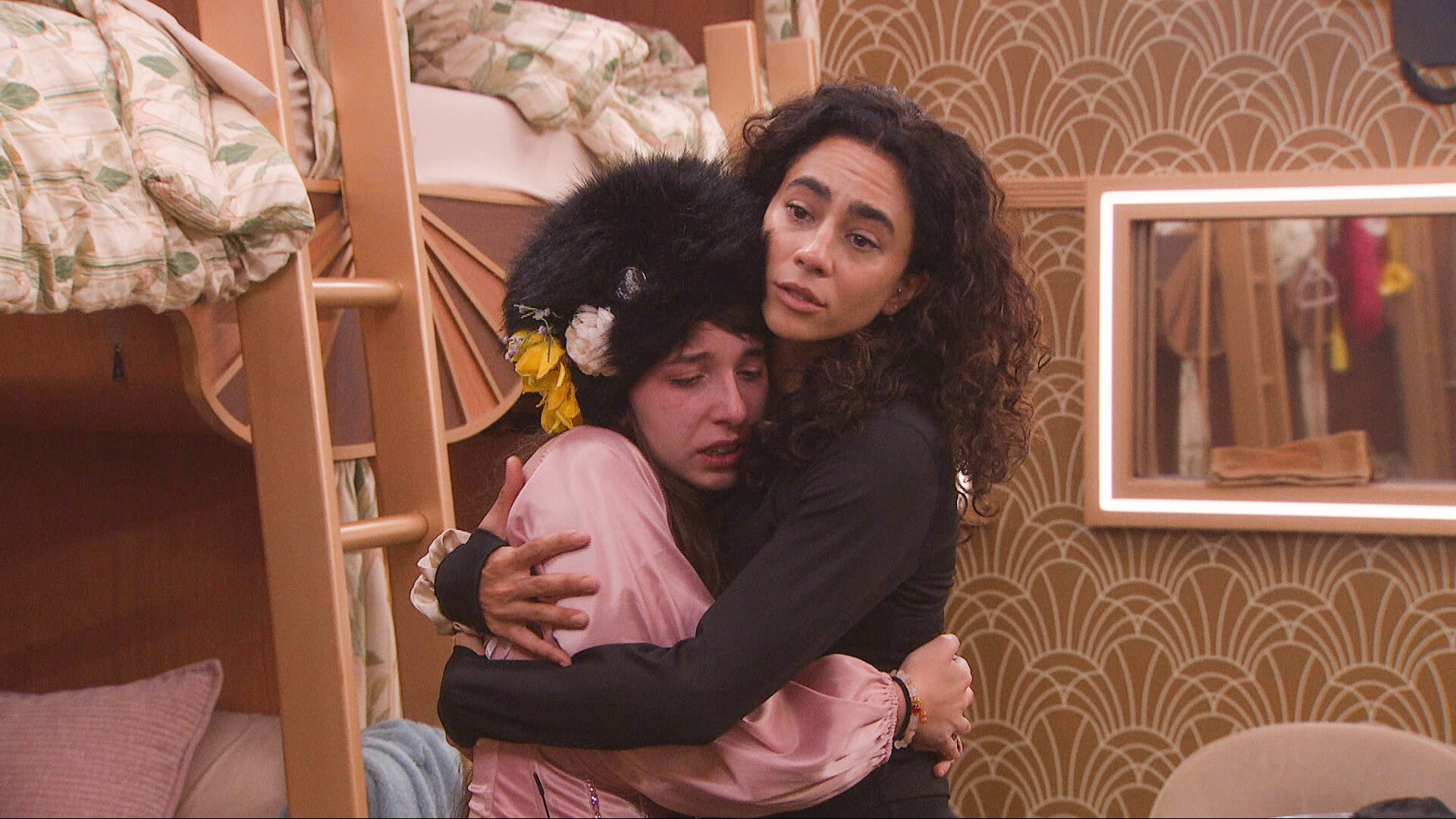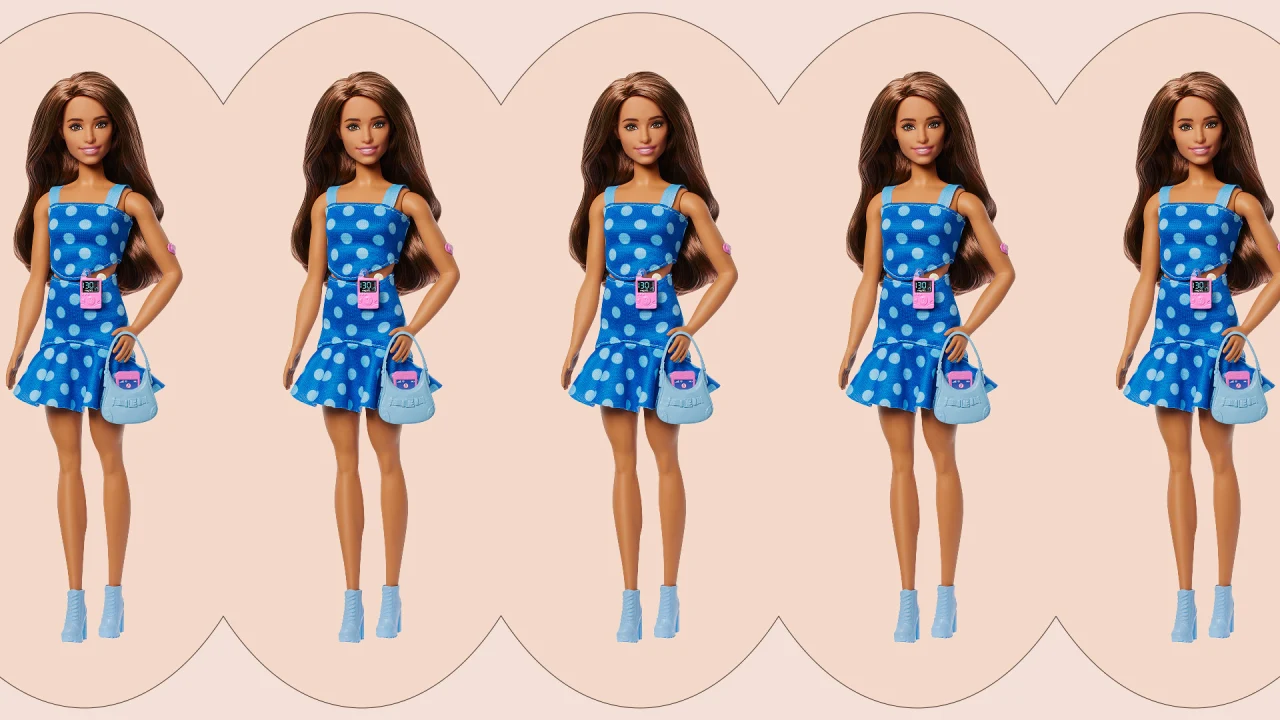Discover Unique Coffee Shops Around the World for Your Next Adventure

Key Takeaways

- Coffee shops around the world serve as unique cultural hubs, reflecting local identities and fostering community connections through their ambiance and offerings.
- Different regions present distinct coffee cultures, from Parisian cafés promoting social interaction to Kyoto’s tranquil tea houses merging tradition and modernity.
- Specialty coffee trends such as Third Wave Coffee emphasize quality, origin, and sustainable practices, appealing to customers who value authenticity and environmental responsibility.
- Global coffee chains provide consistency and familiarity while supporting local economies; however, local favorites offer unique, personalized experiences that strengthen community ties.
- The atmosphere of coffee shops is crucial for customer engagement, with design elements that encourage socialization and loyalty among patrons.
There’s something magical about stepping into a coffee shop, no matter where you are in the world. Each one tells a unique story through its ambiance, menu, and the people who gather there. From the bustling streets of Paris to the serene corners of Kyoto, coffee shops serve as cultural hubs that connect locals and travelers alike.
Coffee Shops Around the World

Coffee shops serve as vital small businesses in communities worldwide, offering unique experiences that reflect local cultures. In cities like Paris, small retail storefronts bustle with patrons enjoying a café au lait while mingling with friends. Each shop’s ambiance plays a crucial role, from the vintage decor in Rome’s local cafés to the minimalistic designs in modern Tokyo establishments.
In America, small coffee shops thrive on creating a personalized atmosphere, fostering connections among locals and tourists alike. Consider the cozy corner shops, where baristas craft artisanal beverages, showcasing regional coffee beans. These environments invite conversations, making them preferred meeting spots for social interactions.
Traveling to Melbourne, you find a thriving coffee culture, where storefronts specialize in brewing techniques such as pour-over and cold brew. Each coffee shop showcases craftsmanship that reflects individual identities, making these spaces more than just places to drink coffee—they are local landmarks.
You can discover small coffee shops in unexpected places, like the quiet streets of Buenos Aires. Here, vibrant murals and inviting patios create a community vibe, encouraging patrons to linger over their drinks. These establishments adapt their offerings to local tastes, embodying the spirit of each neighborhood.
Exploring coffee shops around the globe reveals how small businesses contribute to a city’s identity. Each visit brings a rich tapestry of flavors, stories, and community connections, showcasing the enduring role of coffee culture in everyday life.
Unique Coffee Cultures

Coffee shops represent unique cultural experiences that reflect their surroundings. Each region adds a distinct flavor to its coffee culture, influencing ambiance and customer interactions.
Europe
European coffee shops thrive as small businesses, serving more than just beverages. In cities like Paris, cafés double as social centers where locals engage in conversations. In Rome, vintage décor enhances the communal vibe, inviting patrons to savor espresso while enjoying artisanal pastries. Each storefront tells a story and emphasizes the importance of community in daily life.
Asia
Asia presents diverse coffee cultures that integrate traditional practices with modern influences. In Kyoto, tea houses often merge with coffee shops, offering a tranquil space to enjoy meticulously brewed beverages. Specialized brewing techniques draw coffee enthusiasts, showcasing a blend of innovation and heritage in every cup. Small coffee businesses here focus on creating unique experiences that resonate with both locals and tourists.
Americas
In the Americas, coffee shops serve as vital social hubs. Cozy corner shops in the U.S. foster connections among patrons, providing personalized atmospheres where conversations thrive. Melbourne’s specialty coffee scene highlights retail innovation with an emphasis on artisanal methods, attracting those keen on quality. Each small business reflects regional diversity through its offerings, forming community connections that enhance daily life.
Popular Coffee Shop Chains

Coffee shop chains create consistency and familiarity globally, attracting diverse customers who seek quality beverages and inviting atmospheres. These establishments play important roles as small businesses, contributing to local economies while shaping coffee culture worldwide.
Global Presence
Global coffee shop chains like Starbucks, Dunkin’, and Costa Coffee dominate the retail landscape, with thousands of storefronts spread across continents. Starbucks operates over 30,000 locations, making it a leading player in the coffee market. Dunkin’ boasts around 12,000 stores, primarily in the United States, known for its quick service and expansive menu. Costa Coffee, based in the UK and with over 4,000 locations, emphasizes artisanal coffee experiences while remaining accessible. Each chain adapts its offerings to local tastes, showcasing how coffee culture varies around the world while maintaining a globally recognized brand.
Local Favorites
Local coffee shop chains exemplify the unique character of specific regions, often providing a personalized touch that larger chains cannot replicate. Notable local favorites include Blue Bottle Coffee in the U.S., renowned for its fresh, high-quality beans and minimalist storefronts. Tim Hortons, a Canadian staple, serves coffee and doughnuts, fostering community connections with its comfortable settings. In Australia, Gloria Jean’s Coffees focuses on unique blends and community engagement, reinforcing the importance of local identity in coffee culture. These local favorites often thrive in your neighborhood, adding to the diversity of coffee experiences while supporting small business growth and community cohesion.
Specialty Coffee Trends

Specialty coffee trends shape the landscape of coffee shops around the world. Understanding these trends helps small business owners stay competitive and connect with customers.
Third Wave Coffee
Third Wave Coffee emphasizes quality, origin, and brewing techniques, transforming coffee from a commodity into a craft. You’ll find small businesses showcasing single-origin beans, often sourced directly from farmers. Each cup tells a story, engaging customers with the journey of their coffee. The dedication to precision brewing methods, such as pour-over or cold brew, ensures that every flavor note shines through. Establishing a third wave café may enhance your storefront’s unique appeal, attracting clientele seeking authenticity and artistry in their coffee experience.
Sustainable Practices
Sustainability plays a crucial role in modern coffee culture. Many coffee shops adopt eco-friendly practices that resonate with conscientious consumers. You can implement sourcing strategies that prioritize fair trade and organic coffee, supporting small farms and ensuring ethical labor practices. Consider using biodegradable or compostable cups to reduce waste and promote your commitment to the environment. Offering discounts for reusable cups can incentivize sustainable behaviors among your customers. These initiatives not only enhance your brand image but also strengthen connections within the community, positioning your small business as a leader in responsible consumerism.
The Atmosphere of Coffee Shops

The atmosphere of coffee shops serves as a vital component of their appeal, especially for small businesses. Unique decor and inviting storefronts draw customers in, creating an environment that encourages social interaction and relaxation. You may notice that Parisian cafés, with their bustling outdoor seating, foster vibrant conversations, while the intimate, vintage charm of Roman coffee shops promotes community connections.
In Tokyo, minimalist designs focus on clean lines and calming aesthetics, enhancing the experience of enjoying a perfectly brewed cup. You might find that these elements not only attract patrons but also help small businesses establish a distinct identity in a competitive retail landscape.
Melbourne’s coffee culture thrives on specialty brewing techniques, transforming the act of drinking coffee into a shared experience. Cozy corner shops in the U.S. emphasize a personalized atmosphere, allowing you to forge connections with baristas and fellow customers. This sense of belonging encourages repeat visits and strengthens community ties, which are essential for small businesses.
The right atmosphere can also influence customer behavior significantly. Creating a space that invites customers to linger or work can increase dwell time and, consequently, sales. Overall, the ambiance of coffee shops plays a critical role in cultivating loyal customer bases and supporting the broader mission of local small businesses.
Conclusion

Exploring coffee shops around the world reveals the rich tapestry of culture and connection that these establishments foster. Each cup of coffee tells a story shaped by local traditions and unique atmospheres. Whether you’re savoring a brew in a bustling Paris café or a tranquil Kyoto tea house, you’re experiencing more than just a drink; you’re engaging with the heart of the community.
As you seek out these diverse coffee experiences, you’ll find that every shop offers a distinctive flavor of life. From the artisanal methods of Melbourne to the cozy corners of American cafés, coffee shops are essential to our social fabric. Embrace the journey of discovering how coffee intertwines with culture, creating bonds that transcend borders and bring people together.
Frequently Asked Questions

What makes coffee shops cultural hubs around the world?
Coffee shops serve as cultural hubs by fostering connections between locals and travelers. They offer unique atmospheres, menu offerings, and a space for social interactions. From lively Parisian cafés to tranquil tea houses in Kyoto, these establishments reflect local culture and promote community engagement.
How do coffee shops differ across regions?
Coffee shop experiences vary globally, influenced by local culture. In Europe, they’re often social centers, while in Asia, traditional practices blend with modern trends. In the U.S., corner shops foster personal connections, and Melbourne highlights artisanal brewing, showcasing distinctive flavors and atmospheres.
What role do popular coffee chains play in coffee culture?
Popular coffee chains like Starbucks and Dunkin’ create brand consistency, attracting diverse customers with quality beverages. While they adapt offerings to local tastes, local chains provide a unique character, reinforcing community ties and supporting small business growth in their regions.
How is sustainability integrated into modern coffee culture?
Sustainability is crucial in coffee culture, with many shops adopting eco-friendly practices. This includes fair trade sourcing and using biodegradable materials to enhance brand image and strengthen community ties. Such initiatives position coffee shops as leaders in responsible consumerism.
Why is the atmosphere important in coffee shops?
The atmosphere in coffee shops significantly impacts customer behavior. Unique decor and inviting spaces encourage social interaction and relaxation. A well-designed ambiance can increase dwell time, sales, and customer loyalty, ultimately supporting small businesses and enhancing community connections.
Image Via Envato
This article, "Discover Unique Coffee Shops Around the World for Your Next Adventure" was first published on Small Business Trends
What's Your Reaction?
 Like
0
Like
0
 Dislike
0
Dislike
0
 Love
0
Love
0
 Funny
0
Funny
0
 Angry
0
Angry
0
 Sad
0
Sad
0
 Wow
0
Wow
0




